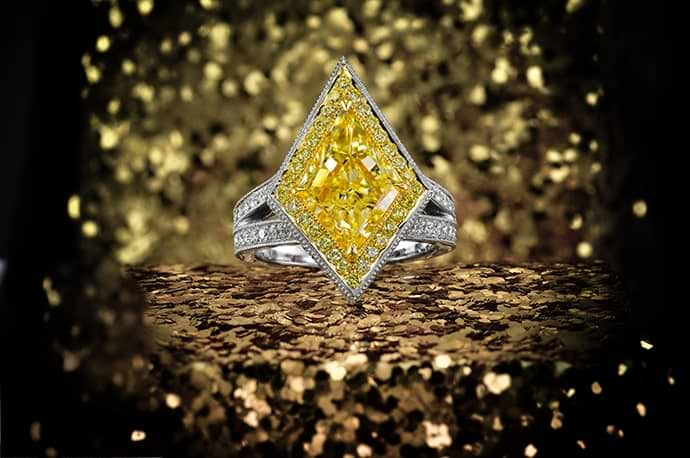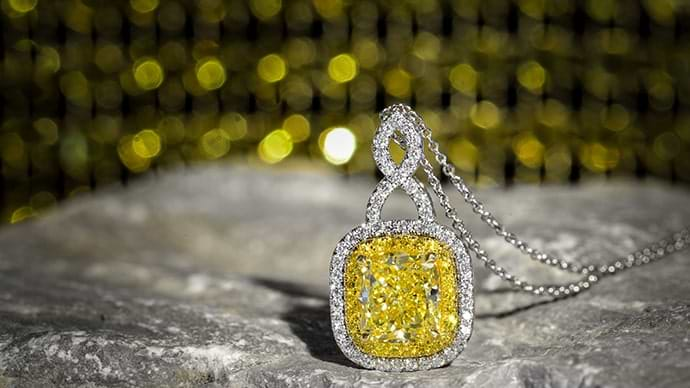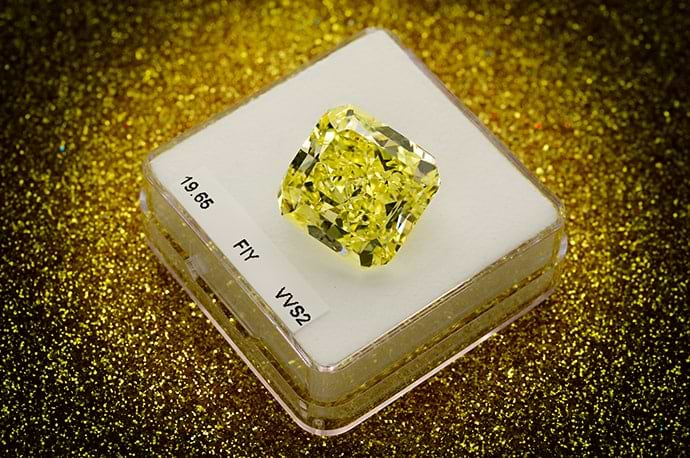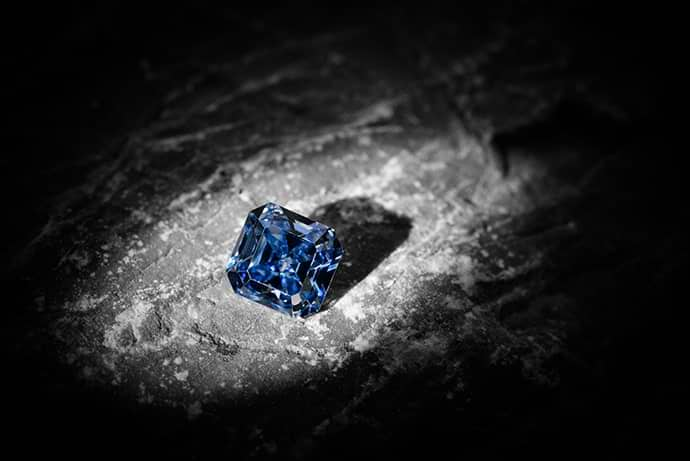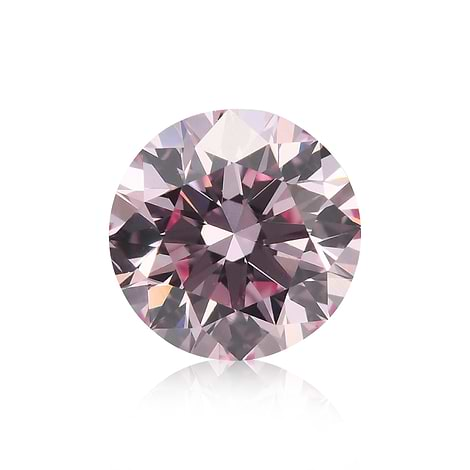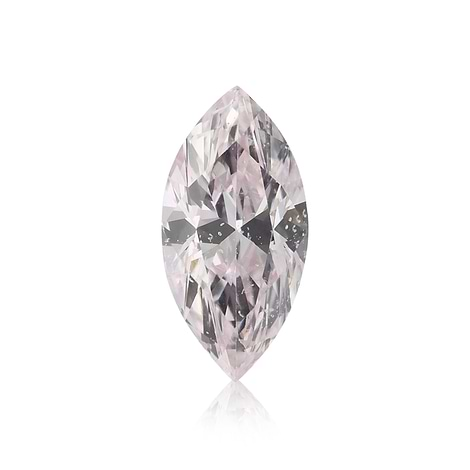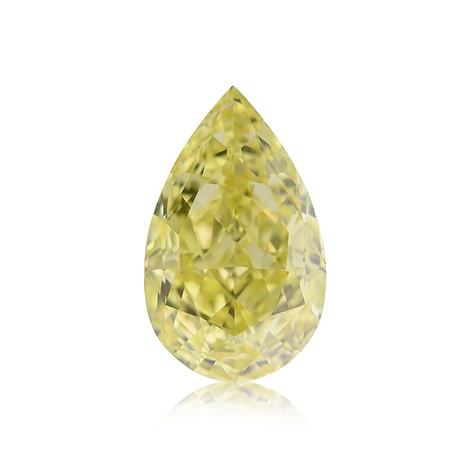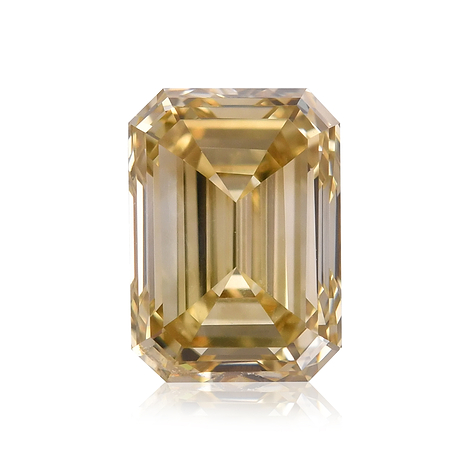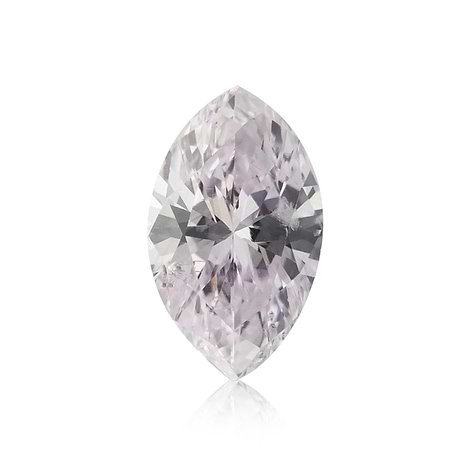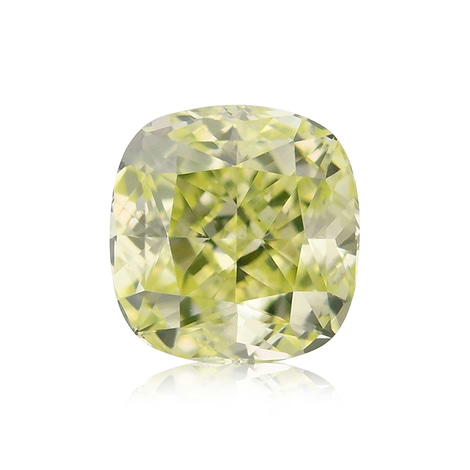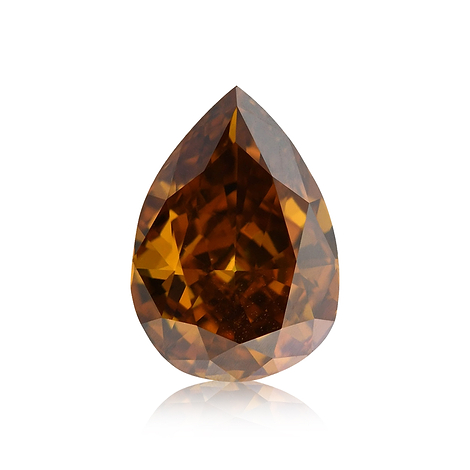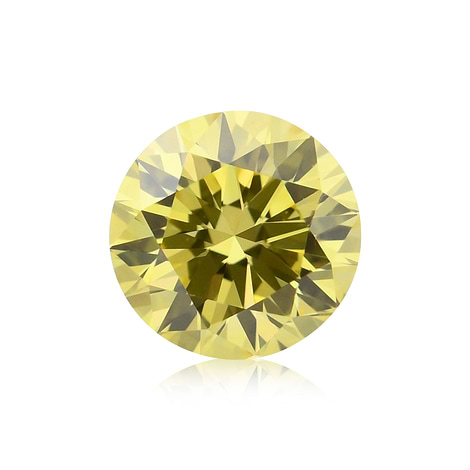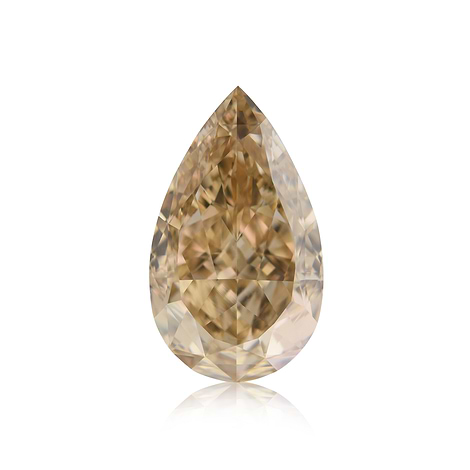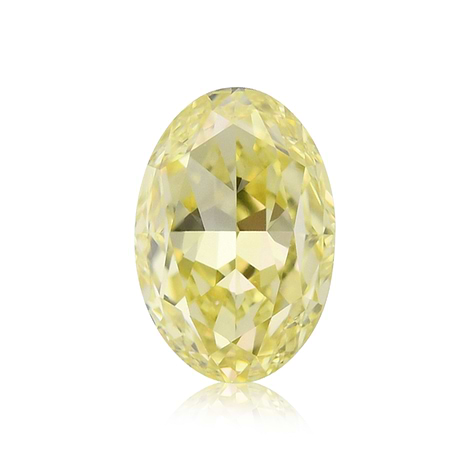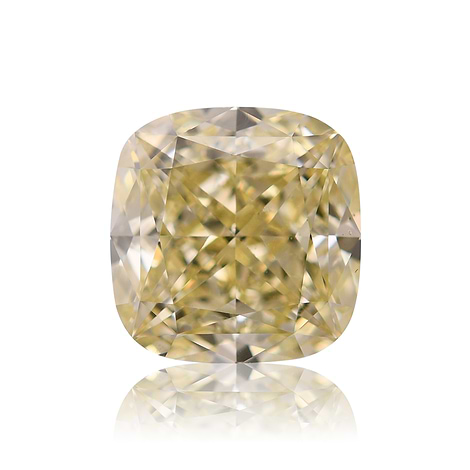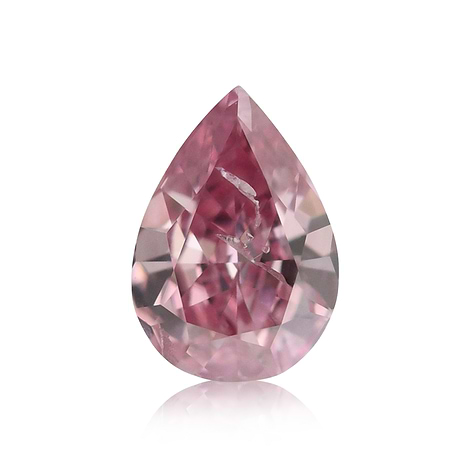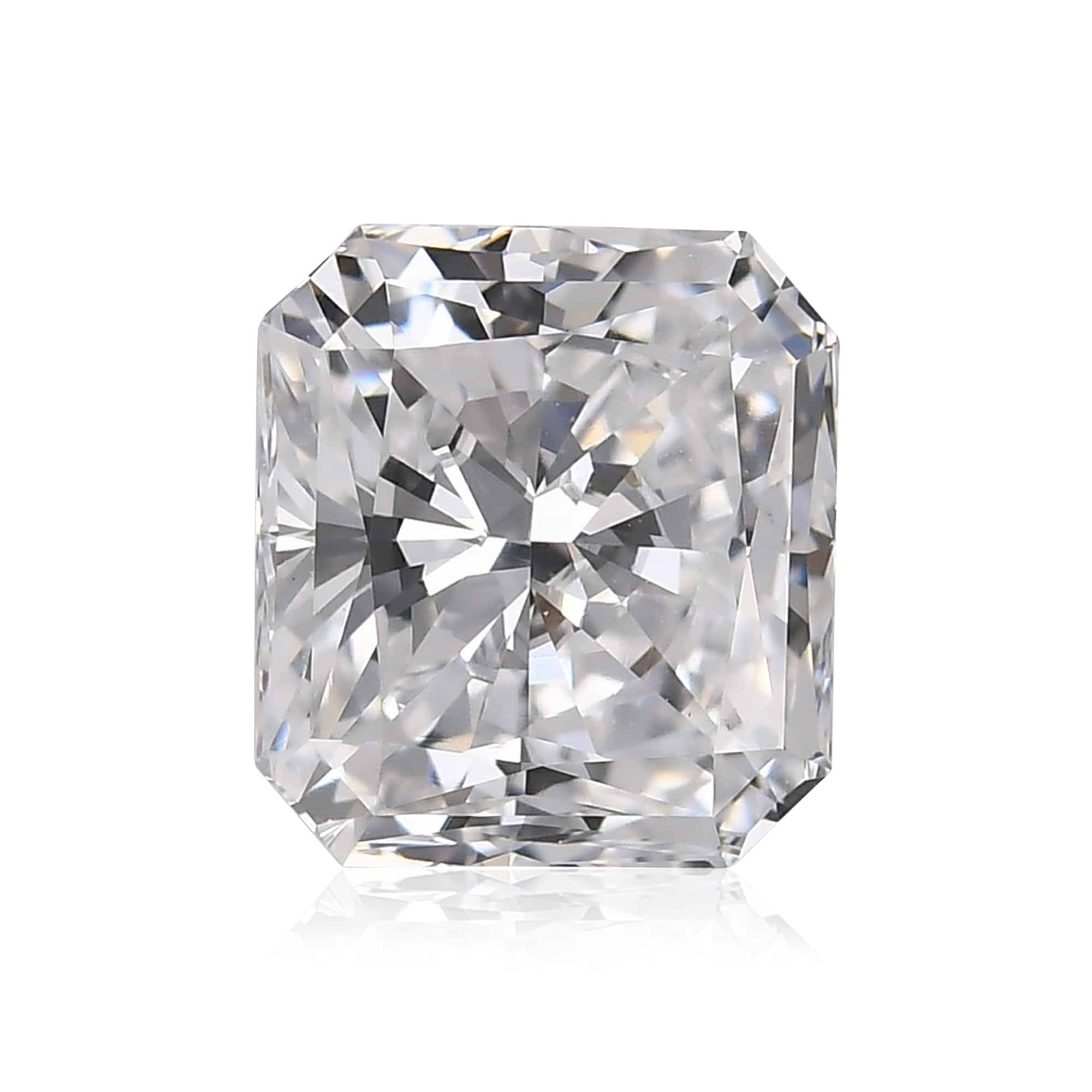Everyone knows about the importance of the 4C’s, but there’s more to consider when choosing the perfect diamond than just carat, cut, color and clarity; and choosing carefully can make the difference between a beautiful diamond and an outstanding diamond.
A Fancy Light Yellow Kite Diamond Ring
What is Diamond Fire
The little secret is fire. Fire is the flashes of colored light seen on the diamond’s crown when a stone is moved back and forth and catches the light. If you want to get all scientific, fire is the dispersion of light.
When a diamond is well cut, light can appear as a rainbow of color. Dispersion causes the white light to be separated into multiple colors.
A Fancy Intense Yellow Cushion Diamond Drop Pendant (3.99Ct TW)
This color play can occur in all diamonds, but the whiter the diamond, the greater the light dispersion effect. This means while colored diamonds are gorgeous in their own right, they likely won’t have the same fire properties as whiter stones. The same is true for gemstones such as emeralds, amethysts and rubies. This is why if you are searching for a color diamond or gemstone, you definitely have your work cut out for you. Furthermore, this is precisely where you should ask our sales representatives for their input and let them help you make a good choice.
Fire is also dependent on cut. Stones that have better cut grades will emit a greater range of colors because of how the light reflects off the facets.
What is Diamond Brilliance
Fire is not the only phenomenon giving diamonds their characteristic sparkle. This also depends on brilliance, which is the light reflected from the surface of a stone. The better the cut of the diamond (the symmetry, proportion and polish of a diamond) the better the quality of light being reflected and the more a stone will sparkle.
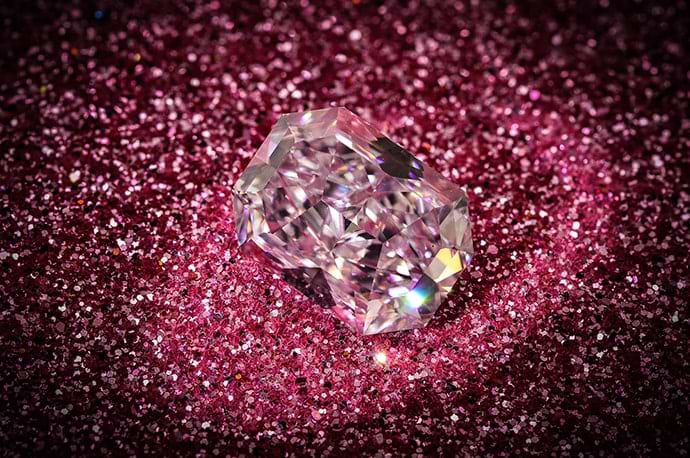
A 4.34 carat, Fancy Light Pink Diamond, Radiant Shape, IF Clarity, GIA
Diamond fluorescence can also affect both the fire and brilliance of a diamond, but depending on the stone it might not always be such a negative effect. For example, a strong blue (as long as it does not dull the appearance of the stone) might actually look great in daylight/sunlight.
Test Your Diamond Fire
If you want to see how fiery your diamond really is, it’s time to get romantic. Light some candles, dim the overhead lights (fire can be seen more clearly in less light), move your hand back and forth and enjoy the rainbow show. Also, look at the stone under different types of light to see what kind of sparkle it shows.
A 19.65 carat, Fancy Intense Yellow Diamond, Radiant Shape, VVS2 Clarity, GIA
Do you remember Kelvin, from your science class back as a kid? The temperature of the color is defined according to the level of Kelvin (K) within the light. The light will appear to have a stronger yellow if the Kelvin is lower, whereas if it is higher the light will show more of a white or blue color. Look at the stone under different types of light and you will become more acquainted with the fire and brilliance of your stone.
- 2200K-3000K is more of a yellow range, and is referred to as “soft white” or “warm white.”
- 3500K-4100K is more of a bright white range, and is referred to as “white light” or “cool white.”
- 5000K-6500K is more of a blueish-whitish range, and is referred to as “daylight.”
1.41 carat, Fancy Vivid Blue Diamond, Radiant Shape, VS1 Clarity, GIA
Dirt has a Negative Effect
The more dirt there is on the surface of a stone, the harder it is for light dispersion to take place. To prevent your diamond fire from ‘dying out,’ make sure you keep it clean and polished. The good news is the fire and the brilliance will never change. That means if you clean a diamond 20 years later it will shine then just as it did the first day you saw it.
